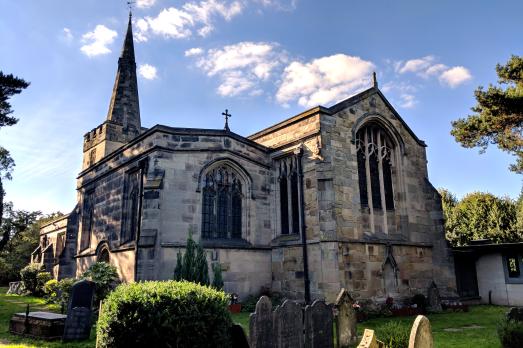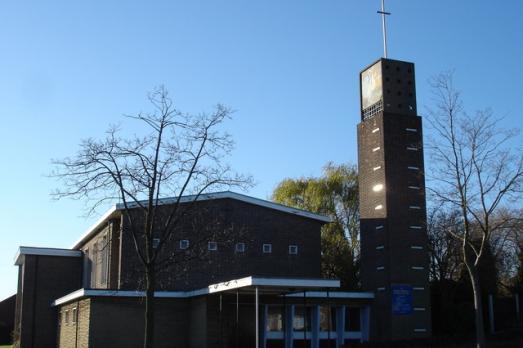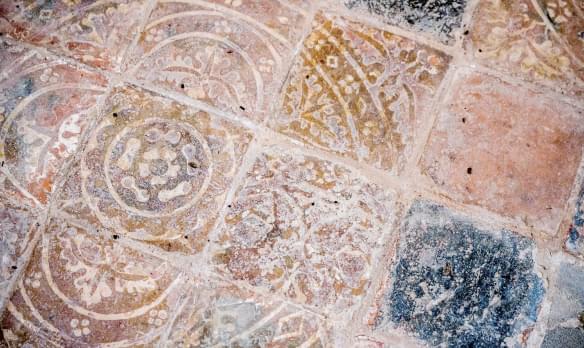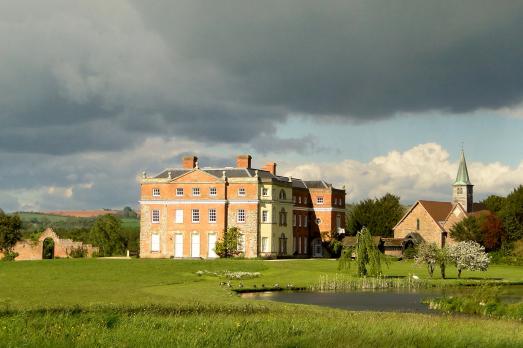
St Leonard
Wollaton, Nottinghamshire | NG8 2AF
St Leonard, now embedded in the suburbs of Nottingham, is a medieval church which has adapted to the needs of each generation.
Search for a fascinating place to visit, or see the variety of churches, chapels and meeting houses we have supported.

Wollaton, Nottinghamshire | NG8 2AF
St Leonard, now embedded in the suburbs of Nottingham, is a medieval church which has adapted to the needs of each generation.

Barbourne, Worcestershire | WR3 7HS
St Stephen's is home to a friendly church known for its warmth and hospitality, offering an open and inclusive approach to all and welcome parishioners, both new and old.

Bilborough, Nottinghamshire | NG8 4FD
This modern brick church is the post war successor to St John’s, which was destroyed by enemy fire on 8th May 1941; the altar cross which was made into a processional cross for the new church.
We have supported this church

Bilborough, Nottinghamshire | NG8 3BH
Welcome to a hidden treasure with its medieval and Victorian architecture, unique wall paintings by war artist Evelyn Gibbs, the story of Thomas Helwys and the rich history of an area going back to Anglo Saxon times.

Kyre Wyard, Worcestershire | WR15 8NR
A church of Norman origin set in a historical landscape of Manor House, Tithe Barn, dovecote, almshouse and ancient deer park.
We have supported this church

Leinthall Starkes, Herefordshire | SY8 4LL
St Mary Magdalene, Leinthall Starkes is known locally as'the church in the field' due to its location half a mile outside the current village down a long sloping grass track.

Weaverham, Cheshire | CW8 3NJ
A warm, welcoming, friendly church with a history of over 1,000 years.

Kelsall, Cheshire | CW6 0SA
Built in 1860 and situated on rising ground and prominent on the main through road of Kelsall village.
We have supported this church

Wollaton, Nottinghamshire | NG8 1GR
Close to Wollaton Hall and provides a welcoming place for worship and as well as a range of community activities for people in the area.
We have supported this church

Clifton, Nottinghamshire | NG11 9DG
The church is a large brick structure comprising nave, chancel (with apse), tower, porch, and Lady Chapel added in 1962.

Alcester, Warwickshire | B49 5AL
The west entry through the tower porch into its splendid Georgian nave is an architectural surprise and constant attraction to visitors.

Broxtowe, Nottinghamshire | NG8 6GR
The church of St Martha the Housewife was completed in 1956 and the dedication commemorates the service of women during the Second World War.